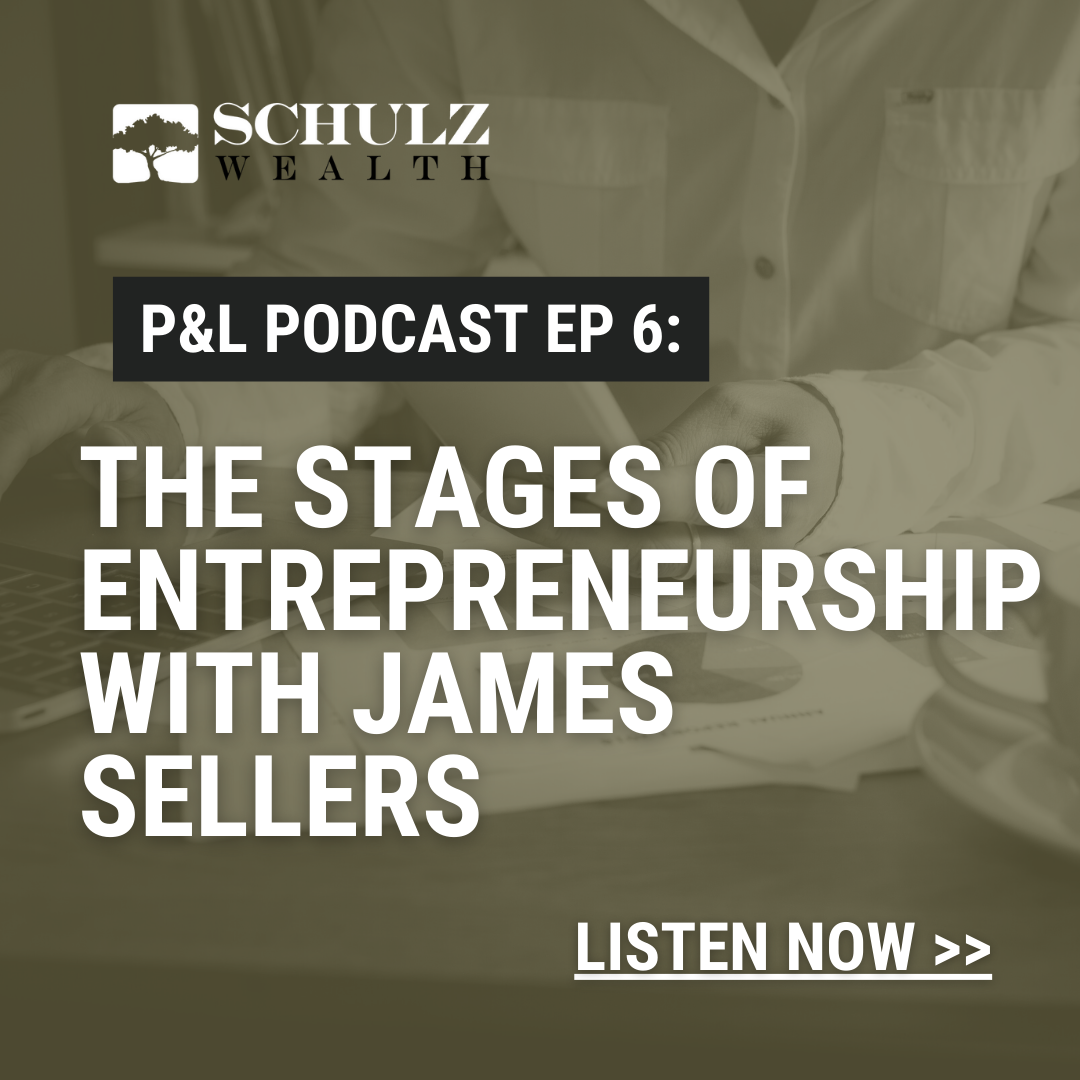
I often get questions from business owners that sound like, "Why should I buy stocks in the stock market when I can make a 40% return on my business?" This is certainly a great question, and the answer has more to do with risk than with return.
Risk: A Four Letter Word
I fully expect that most clients' businesses will outperform their investment portfolios from a return standpoint. This is because an individual company has characteristics unique to that one business that set it apart, and the business owner will be compensated for those unique characteristics through return on investment. But sometimes, we forget that this higher return is closely associated with a larger cost, and the technical term for this cost is unsystematic risk.
Investopedia, the world's leading source of financial content on the web, defines unsystematic risk as follows: "Unsystematic risk refers to risks that are not shared with a wider market or industry. Unsystematic risks are often specific to an individual company, due to their management, financial obligations, or location."
I had a client many years ago who had to close his doors because he never got paid on a large contract he completed. Since then, so many of my clients have had unique circumstances that negatively affect their bottom line - far, far more than have not. Lower ROIs are an unfortunate outcome of this type of situation, as are the potential loss of assets, a decrease in company value, and lower net profits.
All business owners understand the importance of doing whatever it takes to make their business overcome the odds and succeed despite the obstacles. But, what else can be done besides expressing this pure grit? The next step is to do whatever is possible to lower the risks associated with a business. Everyone can agree - we still want a fair return on our investment without all the headaches or problems that unsystematic risk creates.
Why Diversify?
This is one of the most important things we do in our investment portfolios. We strip out the unsystematic risk by diversifying it away over hundreds or even thousands of stocks. One stock represents ownership in somebody else's company besides yours. That company has unique circumstances and risks, just like your company. Having a diverse portfolio of stock ownership is important because it helps to cancel out the individual risks of any one account - when money is spread across several investments, the risk is lowered and the investment returns can prove to be even larger. More money in your pocket, providing even more opportunities to invest more.
I recently reviewed an investment portfolio for someone who had sold his business and invested much of the proceeds with a team at a large bank, only to watch it drop 40% in value last year. He wanted to know why his performance was so poor. The reason was that he only owned 14 stocks, which is not enough diversification to eliminate unsystematic risk. It's an unfortunate situation, but that is the reality of failing to diversify one's portfolio.
In Conclusion:
Investing in the stock market differs significantly from investing in private companies. It takes an entirely different mindset and understanding of risk. I hope this helps you better understand why an investment portfolio is essential in achieving long-term financial success.
Have you ever had to deal with an unforeseen circumstance in your business? Or, have you experienced a significant loss in a single stock? If so, I hope the concept of unsystematic risk helps your understanding.
Should you have any additional questions, please reach out to the financial experts at Schulz Wealth for help diversifying your investment portfolio, calculating ROI on a certain choice, and other types of advice.
These are our thoughts, have a great Thursday.
~ Rob Schulz, CFP®
.png)
.png)



Leave a Comment